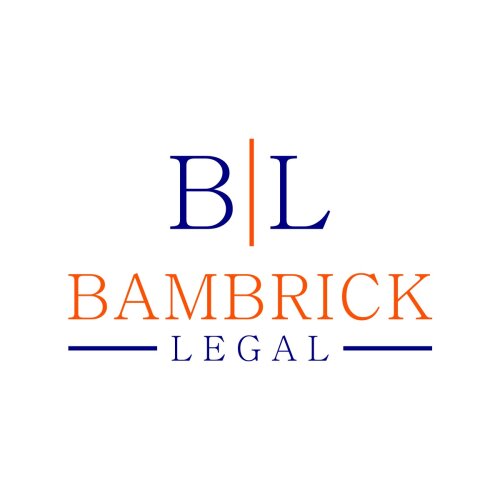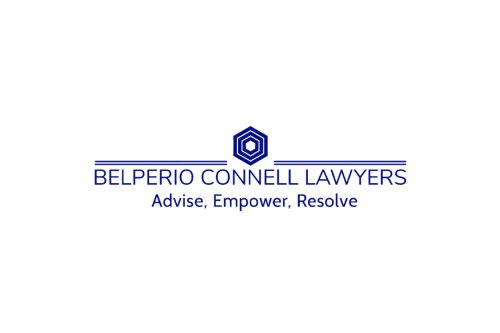Best Nursing Home Abuse Lawyers in Adelaide
Share your needs with us, get contacted by law firms.
Free. Takes 2 min.
List of the best lawyers in Adelaide, Australia
About Nursing Home Abuse Law in Adelaide, Australia
Nursing Home Abuse refers to any form of mistreatment, neglect, or harm inflicted on a resident of a nursing home facility. In Adelaide, Australia, there are laws in place to protect the rights and well-being of elderly individuals living in nursing homes.
Why You May Need a Lawyer
You may need a lawyer if you suspect that a loved one is being subjected to abuse or neglect in a nursing home. A lawyer can help you understand your legal rights, gather evidence, and pursue justice on behalf of the victim.
Local Laws Overview
In Adelaide, Australia, the Aged Care Act 1997 sets out the standards of care that nursing homes must adhere to. The Aged Care Quality and Safety Commission is responsible for regulating and monitoring nursing homes to ensure compliance with these standards.
Frequently Asked Questions
What are the signs of nursing home abuse?
Signs of nursing home abuse can include unexplained injuries, sudden changes in behavior, poor hygiene, and withdrawal from social activities.
How can I report nursing home abuse?
You can report nursing home abuse to the Aged Care Quality and Safety Commission or seek legal advice from a lawyer specializing in Nursing Home Abuse cases.
What legal options do I have if my loved one is being abused in a nursing home?
You can file a complaint with the Aged Care Quality and Safety Commission, seek compensation through a civil lawsuit, or pursue criminal charges against the abuser.
How much does it cost to hire a lawyer for a nursing home abuse case?
The cost of hiring a lawyer for a nursing home abuse case can vary depending on the complexity of the case and the lawyer's fee structure. Some lawyers may offer a free initial consultation or work on a contingency basis.
Can I sue a nursing home for abuse?
Yes, you can sue a nursing home for abuse if you can prove that the facility failed to provide a duty of care to its residents.
What are the time limits for filing a nursing home abuse claim?
The time limit for filing a nursing home abuse claim can vary depending on the jurisdiction. It is important to seek legal advice as soon as possible to ensure your claim is filed within the relevant time frame.
Can a lawyer help me remove my loved one from an abusive nursing home?
Yes, a lawyer can help you take legal action to remove your loved one from an abusive nursing home and seek alternative care options.
What evidence is needed to prove nursing home abuse?
Evidence of nursing home abuse can include medical records, witness statements, photographs of injuries, and documentation of any complaints made to the facility.
How long does a nursing home abuse case take to resolve?
The timeline for resolving a nursing home abuse case can vary depending on the complexity of the case and whether a settlement can be reached outside of court. It is important to be patient and work closely with your lawyer throughout the process.
What can I do to prevent nursing home abuse?
To prevent nursing home abuse, it is important to stay informed about the signs of abuse, visit your loved one regularly, and report any concerns to the appropriate authorities.
Additional Resources
For more information on nursing home abuse in Adelaide, Australia, you can contact the Aged Care Quality and Safety Commission or seek guidance from organizations such as Elder Rights Advocacy.
Next Steps
If you believe that a loved one is being abused in a nursing home, it is important to seek legal advice as soon as possible. Contact a lawyer specializing in Nursing Home Abuse cases to discuss your options and take the necessary steps to protect the victim's rights.
Lawzana helps you find the best lawyers and law firms in Adelaide through a curated and pre-screened list of qualified legal professionals. Our platform offers rankings and detailed profiles of attorneys and law firms, allowing you to compare based on practice areas, including Nursing Home Abuse, experience, and client feedback.
Each profile includes a description of the firm's areas of practice, client reviews, team members and partners, year of establishment, spoken languages, office locations, contact information, social media presence, and any published articles or resources. Most firms on our platform speak English and are experienced in both local and international legal matters.
Get a quote from top-rated law firms in Adelaide, Australia — quickly, securely, and without unnecessary hassle.
Disclaimer:
The information provided on this page is for general informational purposes only and does not constitute legal advice. While we strive to ensure the accuracy and relevance of the content, legal information may change over time, and interpretations of the law can vary. You should always consult with a qualified legal professional for advice specific to your situation.
We disclaim all liability for actions taken or not taken based on the content of this page. If you believe any information is incorrect or outdated, please contact us, and we will review and update it where appropriate.











